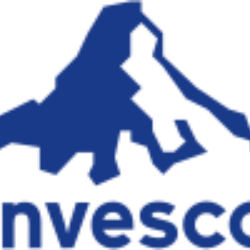
FMP

Invesco High Income Trust II
VLT
NYSE
Invesco High Income Trust II is a closed ended fixed income mutual fund launched by Invesco Ltd. The fund is co-managed by Invesco Advisers, Inc, INVESCO Asset Management (Japan) Limited, INVESCO Asset Management Deutschland GmbH, INVESCO Asset Management Limited, Invesco Hong Kong Limited, INVESCO Senior Secured Management, Inc., and Invesco Canada Ltd. It invests in the fixed income markets. The fund seeks to invest in securities rated between BB and C by Standard and Poor's. It seeks to maintain an average duration of around three to four years for its portfolio. The fund benchmarks the performance of its portfolio against the Barclays U.S. Corporate High Yield 2% Issuer Cap Inde. It was formerly known as Invesco Van Kampen High Income Trust II. Invesco High Income Trust II was formed on April 28, 1989 and is domiciled in the United States.
11.06 USD
0 (0%)
DuPont Analysis
The DuPont analysis, pioneered by the DuPont Corporation, offers a structured approach to assessing fundamental performance. It involves breaking down the return on equity (ROE) into various components, aiding investors in comprehending the factors influencing a company's returns.
ROE = Net Income / Average Total Equity
ROE = (Net Income / Sales) * (Revenue / Average Total Assets) * (Average Total Assets / Average Total Equity)
The company's tax burden is (Net income ÷ Pretax profit). This is the proportion of the company's profits retained after paying income taxes. [NI/EBT] The company's interest burden is (Pretax income ÷ EBIT). This will be 1.00 for a firm with no debt or financial leverage. [EBT/EBIT] The company's operating income margin or return on sales (ROS) is (EBIT ÷ Revenue). This is the operating income per dollar of sales. [EBIT/Revenue] The company's asset turnover (ATO) is (Revenue ÷ Average Total Assets). The company's equity multiplier is (Average Total Assets ÷ Average Total Equity). This is a measure of financial leverage. Profitability (measured by profit margin) Asset efficiency (measured by asset turnover) Financial leverage (measured by equity multiplier)